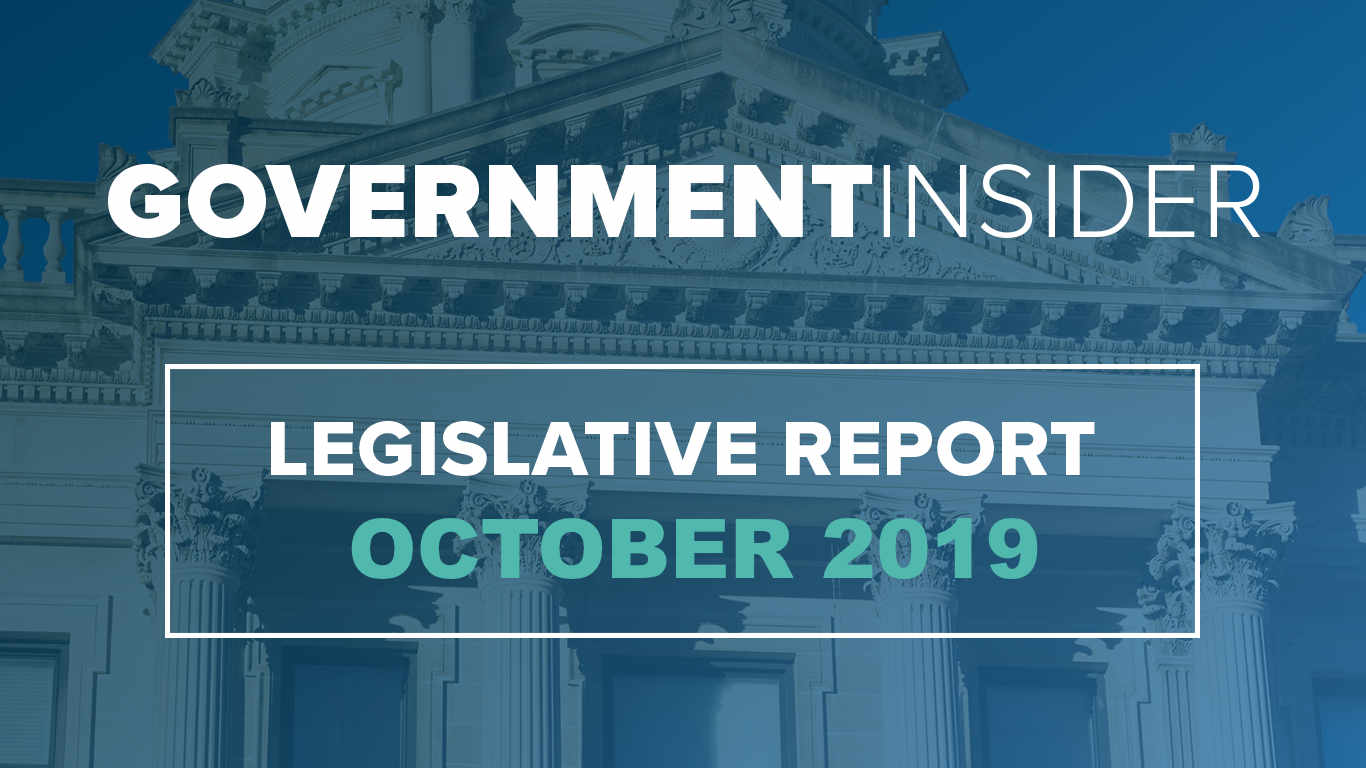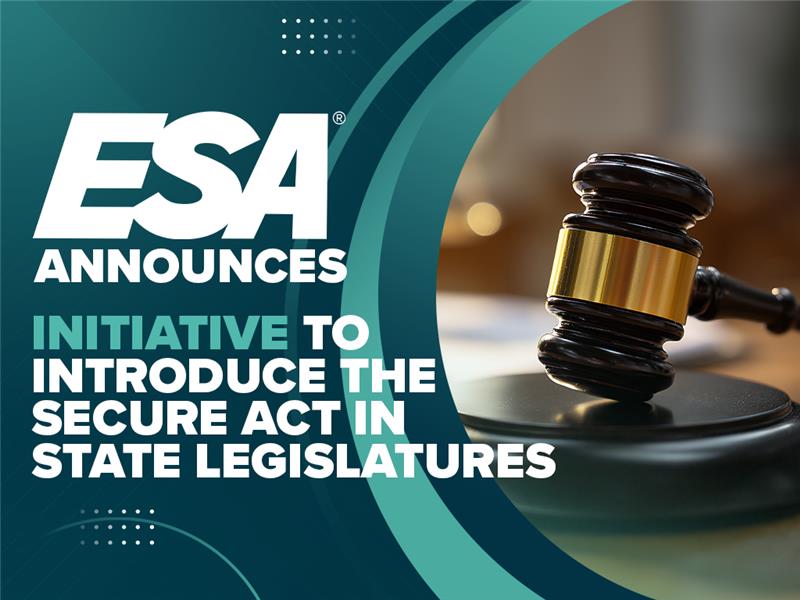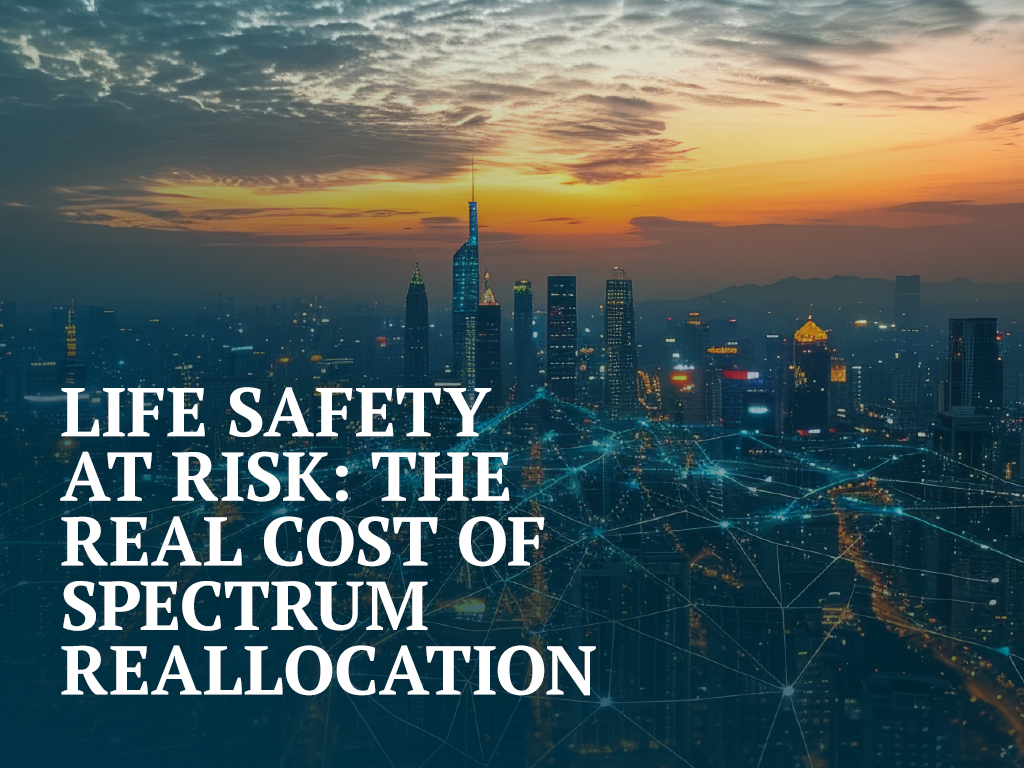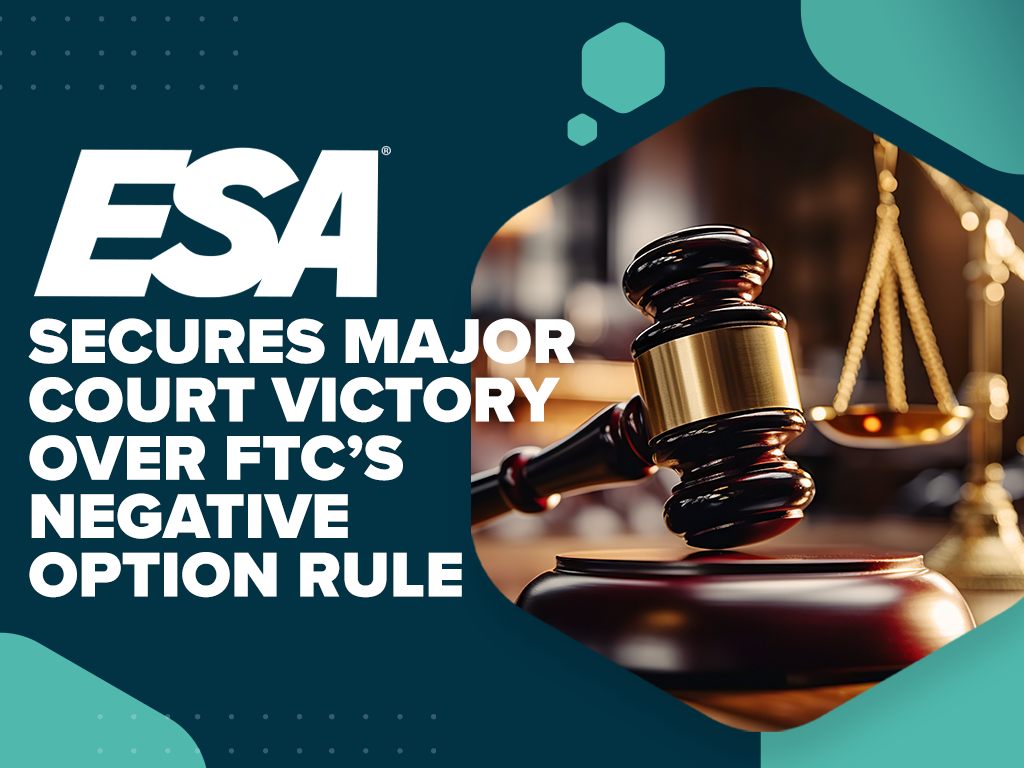Legislative Report – October 2019

Federal Legislative Summary
Several bills were filed during October in Congress that address several issue areas. Those with the most interest involve tax incentives for fire sprinkler system retrofits and bills that address workforce development for skilled trades.
HR 4685
HR 4685 was filed in the House on October 15, 2019 and is titled as the “High Rise Fire Sprinkler Incentive Act of 2019”. It would reduce the depreciation for fire sprinkler system retrofits to 15 years from the current 39 years for commercial systems and 27.5 years for residential systems. The intent is to create an incentive to retrofit buildings with these systems.
HR 4760 and S. 2620
HR 4760 and S. 2620 tackle career and technical education on several fronts. Among them is a proposed amendment to provide loan guarantees within the Small Business Investment Act of 1958, which would add “workforce development through work-based or work-integrated training” that documents in–house training of at least 12 weeks; military spouse work development initiatives; and inclusion of career and technical education programs in section 529 funds.
HR 4826
HR 4826 was filed on October 23, 2019 and is titled as the “21st Century Workforce Partnership Act”. It would provide innovative grants for eligible education agencies to enter into partnerships for career and technical education between industries with education and training programs and the eligible agencies.
S. 2676
S. 2676 was also filed on October 23, 2019 and it would allow a tax credit up to $4,000 for eligible training expenses for employees who meet certain requirements. It excludes double benefits where deductions for training expenses are otherwise available. It includes single or multiple training courses.
Download the Member-Only October 2019 Federal Legislative Report
State Legislative Summary
California
California enacted several laws and the Governor actually vetoed a couple during October. AB 25, AB 1355 and AB 874 amend the Consumer Privacy Act of 2018 and were enacted during October. Another bill that was enacted was AB 1132, which addresses deceptive caller identification and fraud.
The Governor vetoed two bills we were tracking in October. AB 476, known as the California Opportunity Act of 2019, would have required the Department of Consumer Affairs to create a task force to study and write a report regarding the licensing of foreign-trained professionals with the goal of integrating foreign-trained professionals into the state’s workforce. He also vetoed AB 1677, which was written to protect call centers from leaving the state.
Massachusetts
Massachusetts saw several bills being revived and scheduled for committee meetings. These bills covered several issue areas including net neutrality, school safety and a proposed ban on facial recognition technology.
Michigan
Michigan HB 5080 and SB 561 were introduced in October and would provide up to $50,000 per school or $250,000 per school district for technology equipment, upgrade hardening measures, or conduct school building safety assessments to improve the safety and security of school buildings, pupils, and school staff with the goal of creating a safer school environment through equipment and technology enhancements.
Download the Member-Only October 2019 State Legislative Report
State Regulatory Summary
Several states published proposed regulations in October that warrant member attention.
Maine
Maine published rules adopting the 2019 edition of NFPA 72, which includes recognition of new technology such as VoIP and PoE communications.
Florida
Florida issued proposed rules amendments to update language regarding reinstatement and relicensure within the ECLB. They issued a separate proposed rule regarding examinations.
Iowa
Iowa published proposed regulations that add to the definition of school infrastructure, the terms “school safety and security infrastructure” under Iowa Code.
Texas
Texas issued several proposed rule changes to reflect legislation that revamped the Private Security Act, including significant changes to licensing for qualifiers and sales. Anyone with a footprint in Texas should review these proposed rules, which are open for public comment.
Download the Member-Only October 2019 State Regulatory Report




